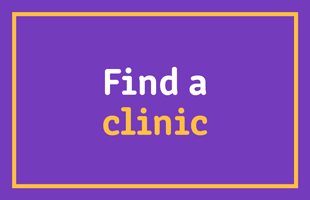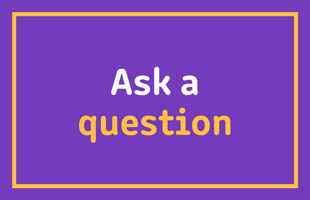Talk
Healthysexuals talk about sexual health and wellbeing.
There are many people you can talk to about sexual health, from your doctor and health professionals, to your friends and family and of course, your sexual partners.
Talking about sexual health can help you make decisions that help you to look after yourself and all of us.
HealthySexuals talk to their sexual partner/s about safer sex before it starts.
This involves asking and sharing information to make sure you are looking after yourself and each other.
It’s not always easy to start the conversation about sexual health, but it’s an important part of keeping yourself and your partners safe and well.
Plan ahead
Pick an appropriate time and place
Remember it’s a conversation
Be a good listener
Respect privacy
Comfort levels
Being a HealthySexual means getting support when we need it.
Talking to health professionals about sexual health can feel daunting but talking about our sexual health is part of our general health and wellbeing and who we are.
Whether it’s getting an STI test or receiving treatment, contraception, or getting support when experiencing sexual problems, we need to be able to talk to doctors and health professionals to get the support we need.
Find a health professional you feel comfortable with
This may or may not be your regular doctor. There are clinics who are experts in sexual health too.,/p>
Plan
Think about what you want to talk about before an appointment. It may help to write down dot points as a reminder.
Be clear
Make it known that you are looking for a solution and support.
Express concerns
Be sure to let them know if you are feeling uncomfortable, concerned or worried.&
Ask questions
Don’t be afraid to ask questions, especially if something isn’t clear.
Take a support person
You can take someone along for support if you want to – this may be a partner, a friend or a family member. They don’t have to come into the room with you, they can wait outside as you have your appointment.
Get a second opinion
If you don’t get the support or answers you are looking for it is a good idea to get a second opinion.
Remember that this is part of a health professionals’ job. They talk to other people about sexual health issues and many people probably have questions and concerns just like you.
Find a clinic
Some people find sexual health clinics are the best place for their sexual health support needs.
You can use our find a clinic feature to find your closest sexual health clinic.
Sexual Health Helpline
If you would like to anonymously and confidentially talk to somebody about this and you are in WA, call the Sexual Health Helpline:
- 1800 198 205 (Country callers)
- 9227 6178 (Perth Metropolitan callers)
Have a question?
Go to the Ask a question page to submit a question or check out our FAQs.




